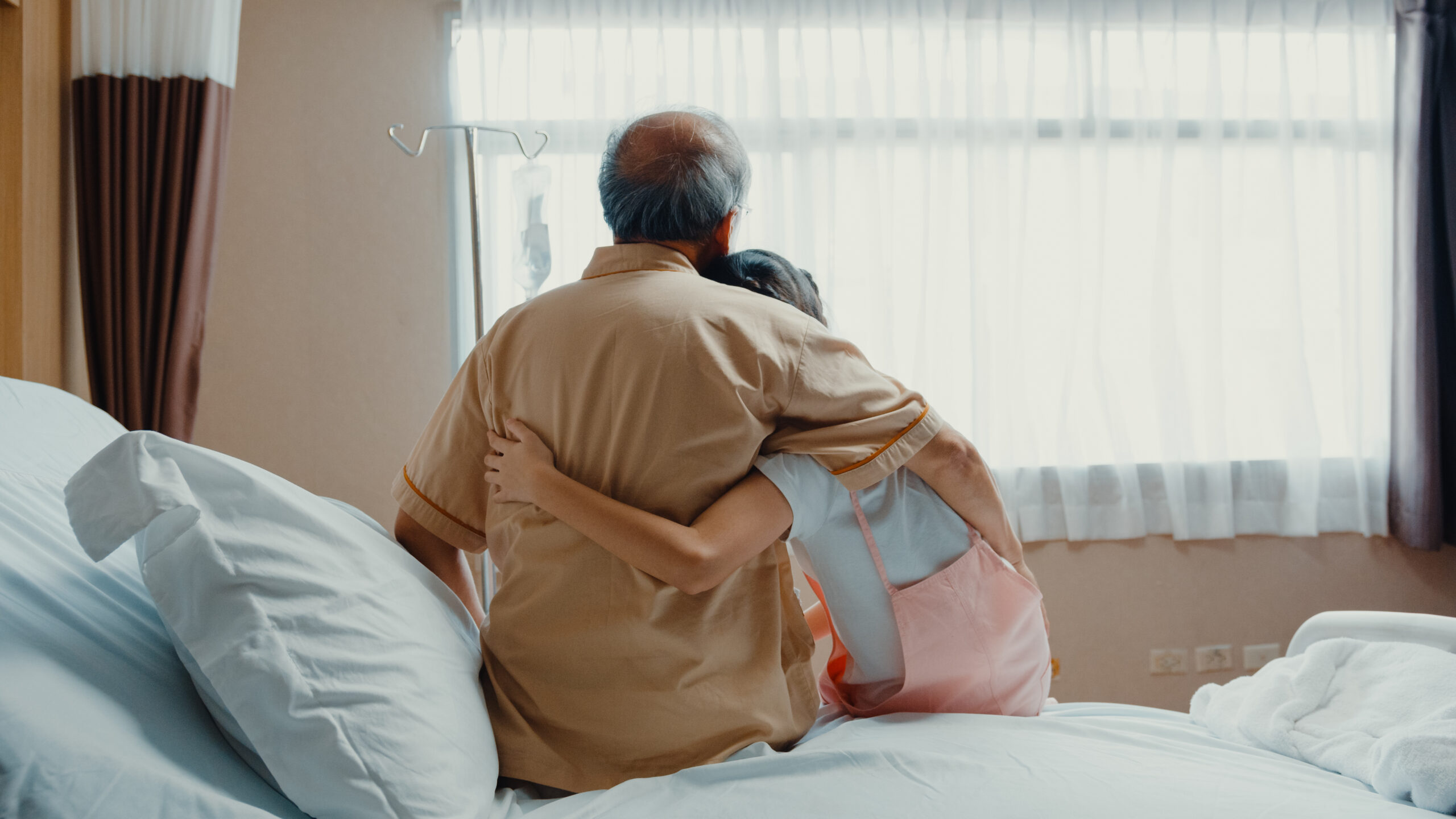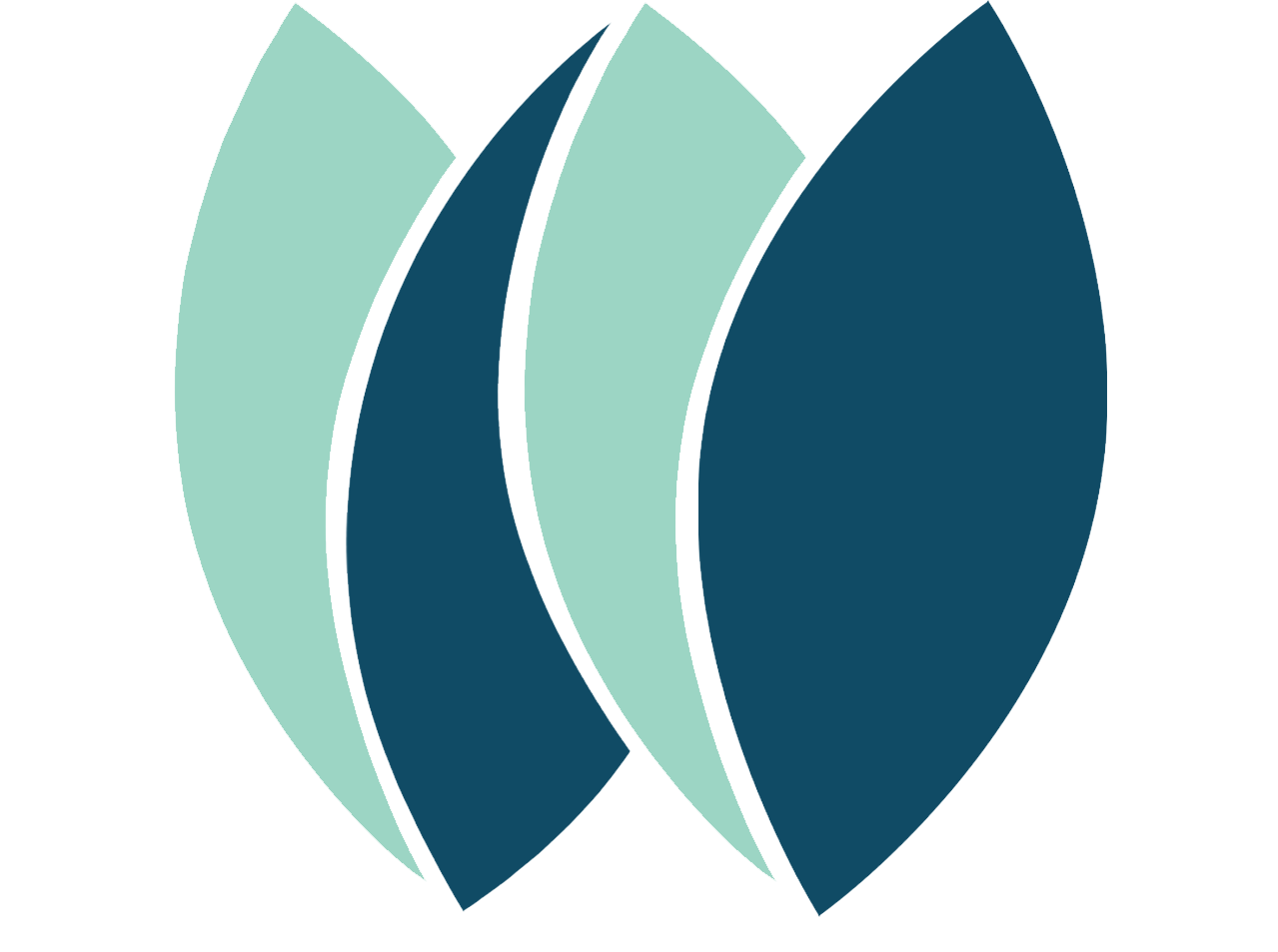An average of 6 out of 10 seniors have at least one chronic health condition. In 2018, the most common health issues were similar to they have been.
The five most common chronic conditions were:
- Alzheimer’s Disease
- Cancer
- Diabetes
- Heart Disease
- Stroke
Will Senior Care Become Necessary?
To determine when or if senior care is necessary, you’d have to look at your parent’s situation. Some need care sooner than others.
Alzheimer’s Disease
Alzheimer’s is an important one to look at. It’s easier to manage in the early stages than it is in the final years. Challenges include loss of continence, failure to remember anything that’s happened recently, and wandering risk. By the final stages, your parent is likely to be bedridden and unable to eat.
According to the CDC, the value of care provided by unpaid caregivers is around $232 billion. To be a caregiver to a parent with Alzheimer’s, it’s likely you’ll have to move into your parent’s home or move your parent in with you. You may need to cut work hours or stop working in order to provide the care your mom or dad needs every hour of the day.
Cancer
Cancer can happen to anyone at any age. Elderly people are more likely to have prostate cancer, breast cancer, and colon cancer. All of these may require surgical intervention, chemotherapy, and/or radiation.
With any of the treatments, your parent will need someone around at first. Chemo can leave your parent weak, sick, and dehydrated. Someone needs to be there to encourage your parent to drink water, eat light meals or snacks, and protein drinks if needed. Transportation to and from the hospital and medical offices is also important.
Diabetes
Diabetes is affecting more people, and many seniors manage their symptoms well. Others struggle with diet and remembering to check blood sugar levels. If your parent is forgetful, you should look into caregivers who offer reminders and assistance with scheduling.
Heart Disease and Stroke
Strokes and heart disease account for 1 out of every 3 deaths in the elderly. One of the biggest factors with these chronic conditions is high blood pressure. That doesn’t mean if there is no history of high blood pressure that your parent is risk-free. If your parent does have high blood pressure, diet, exercise, and medications may all be part of a doctor’s plan to keep your parent healthy.
If a stroke or heart disease has already happened, help around the home is important. You want to help your parent reduce stress, stick to diet and exercise plans, and attend regular appointments.
Talk to a senior care agency sooner rather than later. Take time to help your mom or dad adjust to a caregiver. It’s going to be easier than throwing caregiving services at your parents in a hurry.
Sources:


